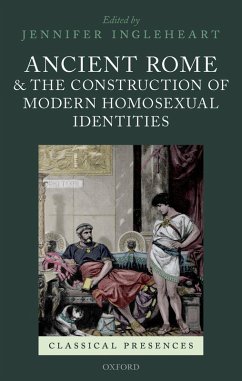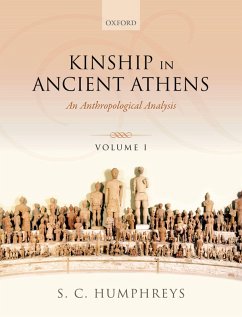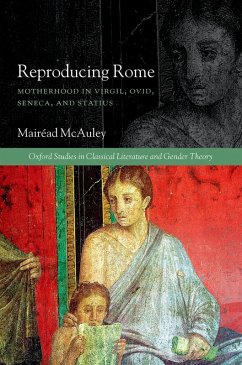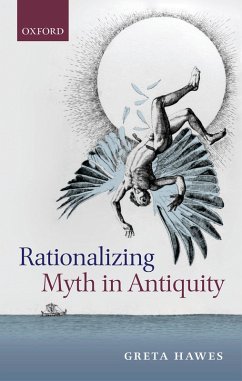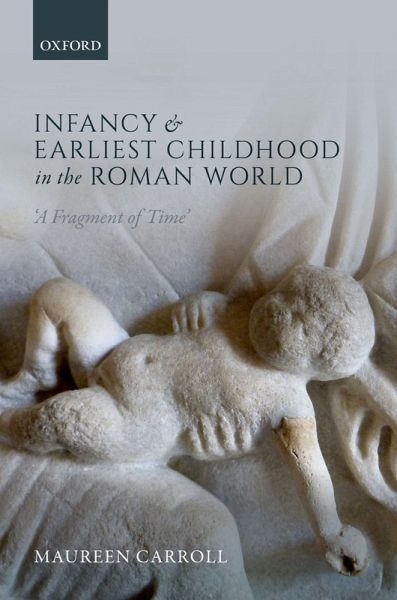
Infancy and Earliest Childhood in the Roman World (eBook, PDF)
'A Fragment of Time'
Versandkostenfrei!
Sofort per Download lieferbar
53,95 €
inkl. MwSt.
Weitere Ausgaben:

PAYBACK Punkte
27 °P sammeln!
Despite the developing emphasis in current scholarship on children in Roman culture, there has been relatively little research to date on the role and significance of the youngest children within the family and in society. This volume singles out this youngest age group, the under one-year-olds, in the first comprehensive study of infancy and earliest childhood to encompass the Roman Empire as a whole: integrating social and cultural history with archaeological evidence, funerary remains, material culture, and the iconography of infancy, it explores how the very particular historical circumsta...
Despite the developing emphasis in current scholarship on children in Roman culture, there has been relatively little research to date on the role and significance of the youngest children within the family and in society. This volume singles out this youngest age group, the under one-year-olds, in the first comprehensive study of infancy and earliest childhood to encompass the Roman Empire as a whole: integrating social and cultural history with archaeological evidence, funerary remains, material culture, and the iconography of infancy, it explores how the very particular historical circumstances into which Roman children were born affected their lives as well as prevailing attitudes towards them. Examination of these varied strands of evidence, drawn from throughout the Roman world from the fourth century BC to the third century AD, allows the rhetoric about earliest childhood in Roman texts to be more broadly contextualized and reveals the socio-cultural developments that took place in parent-child relationships over this period. Presenting a fresh perspective on archaeological and historical debates, the volume refutes the notion that high infant mortality conditioned Roman parents not to engage in the early life of their children or to view them, or their deaths, with indifference, and concludes that even within the first weeks and months of life Roman children were invested with social and gendered identities and were perceived as having both personhood and value within society.
Dieser Download kann aus rechtlichen Gründen nur mit Rechnungsadresse in A, B, BG, CY, CZ, D, DK, EW, E, FIN, F, GR, HR, H, IRL, I, LT, L, LR, M, NL, PL, P, R, S, SLO, SK ausgeliefert werden.







